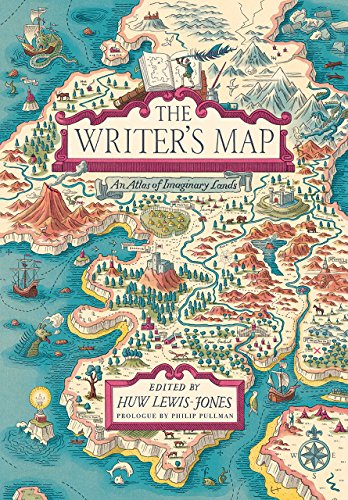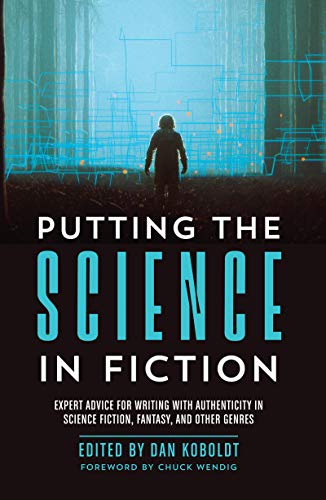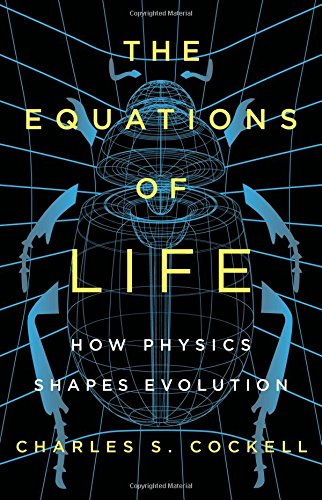The Writer’s Map: An Atlas of Imaginary Lands edited by Hue Lewis-Jones
Before I get into the review proper of Hue Lewis-Jones’ The Writer’s Map: An Atlas of Imaginary Lands, I have to note up front that my digital copies of the book had major formatting issues so that passages were jumbled up such that one paragraph would end and a wholly unrelated paragraph (one from either earlier or later in the book) would follow. Or the book would just stop, with pages from, say 25 onward,
Read More















COMMENT Was I hinting that? I wasn't aware of it. But now that you mention it.... 🤔
So it sounds like you're hinting Fox may have had three or so different incomplete stories that he stitched together,…
It's hardly a private conversation, Becky. You're welcome to add your 2 cents anytime!
If the state of the arts puzzles you, and you wonder why so many novels are "retellings" and formulaic rework,…
I picked my copy up last week and I can't wait to finish my current book and get started! I…